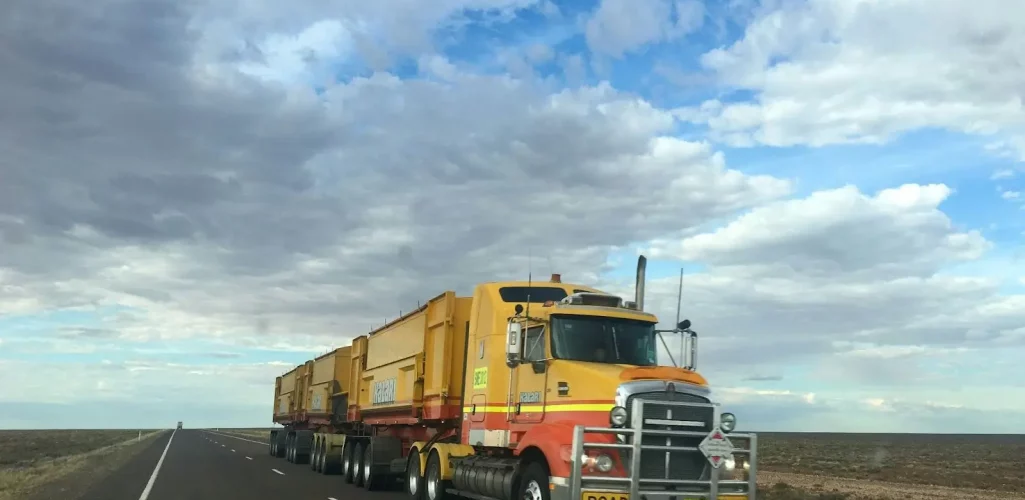Hotshot trucking is a fast-growing part of the transportation industry. It involves quickly delivering small, urgent loads using medium-duty trucks and trailers.
This business sounds great, but it needs to follow specific insurance rules, especially in states like Arkansas and Missouri.
Following these regulations is important to protect your business and ensure that you comply with the law. Here’s a comprehensive guide to understanding the mandatory insurance requirements for hotshot truckers in Arkansas and Missouri.
Legal Hotshot Trucking Insurance Requirements
Arkansas
In Arkansas, hotshot truckers must adhere to both federal and state regulations, especially if their operations involve interstate commerce. The Arkansas Department of Transportation (ArDOT) enforces these rules to ensure the safety and reliability of transport services. Key regulations include:
- Interstate Commerce Compliance: Hotshot truckers operating across state lines must comply with Federal Motor Carrier Safety Administration (FMCSA) regulations.
- Intrastate Commerce: Truckers in Arkansas must follow specific state guidelines, including extra safety and insurance rules.
Missouri
Missouri Department of Transportation (MoDOT) in Missouri, like Arkansas, monitors hotshot truckers to ensure they follow federal and state rules. Intrastate and interstate hotshot truckers must meet specific insurance requirements to operate legally within the state. Critical points include:
- Federal and State Compliance: Adherence to FMCSA regulations for interstate transport.
- State-Specific Rules: Additional requirements for truckers operating within Missouri, potentially including special permits or endorsements.
Liability Coverage
Minimum Coverage Limits
Both Arkansas and Missouri have set forth clear guidelines on the minimum liability coverage that hotshot truckers must carry. This coverage protects against damages or injuries resulting from accidents where the trucker is at fault.
Arkansas: The minimum liability insurance coverage required for hotshot truckers is $750,000 for general freight. However, this limit can increase up to $5,000,000 depending on the type of cargo transported.
Missouri: Similar to Arkansas, Missouri requires a minimum liability coverage of $750,000 for general freight. Specific cargo types, such as hazardous materials, may necessitate higher coverage limits.
Types of Liability Coverage
Bodily Injury Liability covers medical expenses, lost wages, and other costs for injuries to other parties in an accident.
Property Damage Liability: Covers repair or replacement costs for property damaged in an accident.
Cargo Insurance
Specific Regulations
Cargo insurance is crucial for protecting the value of the goods being transported. Federal law does not require cargo insurance, but Arkansas and Missouri have rules and suggestions for hotshot truckers.
- Arkansas: While not mandatory, it is highly recommended that hotshot truckers carry cargo insurance. The typical coverage amount varies based on the value of the goods, usually starting at $100,000.
- Missouri: In Missouri, cargo insurance is not mandatory by law. Cargo insurance is not required by law in Missouri. It is suggested to have a minimum of $100,000 in coverage. This will help protect against any potential losses or damages to the cargo.
Recommendations
- High-Value Loads: For hotshot truckers frequently transporting high-value goods, higher coverage limits are advisable.
- Contractual Requirements: Some customers may require specific insurance coverage limits in their contracts, so it is essential to verify and fulfill these insurance requirements.
Penalties for Non-Compliance
Not having hotshot trucking insurance can cause problems for a hotshot trucking business, affecting its legality and financial stability.
Arkansas
In Arkansas, non-compliance with hotshot trucking insurance requirements can result in:
- Fines: Substantial fines for operating without proper insurance.
- Suspension of Operations: The Arkansas Department of Transportation (ArDOT) may suspend the operating authority of non-compliant truckers.
- Legal Liabilities: Increased vulnerability to lawsuits and legal claims.
Missouri
Missouri imposes similar penalties for non-compliance, including:
- Fines and Penalties: Monetary penalties for failure to carry adequate insurance.
- Operating Authority Revocation: MoDOT may revoke the operating authority of truckers who fail to comply with insurance regulations.
- Increased Legal Risks: Exposure to lawsuits and the potential for bankruptcy after an accident without adequate insurance coverage.
To Conclude
Hotshot trucking is a lucrative and dynamic business, but it comes with its set of regulatory challenges. Following the insurance rules is important for hotshot trucking in Arkansas and Missouri. This is necessary to comply with the law and ensure the safety of your business and customers.
To have the right liability and cargo insurance for your business in the hotshot trucking industry is important. Hotshot trucking insurance will protect your trucking business and give you peace of mind.
Working in a tough industry can be stressful, but having the right insurance can help reduce some of that stress. Make sure you have the right coverage to protect your business.
Interested in other types of commercial truck insurance? Learn about insurance coverage options for commercial box trucks, dump trucks, tow trucks, and food trucks. Each type has specific insurance needs tailored to their operations.
Keep yourself updated on the latest regulations. Consult with our G&G insurance agents. Tailor the optimal hotshot trucking insurance to suit your unique requirements.


